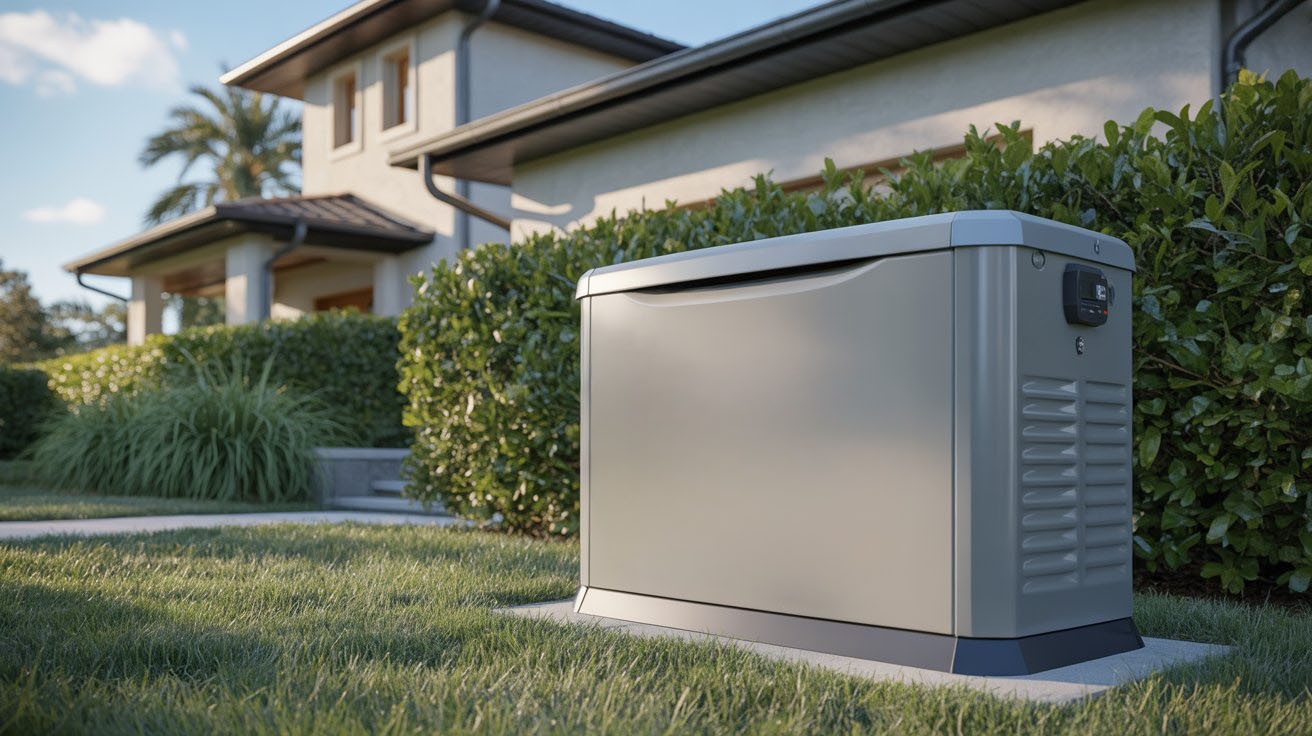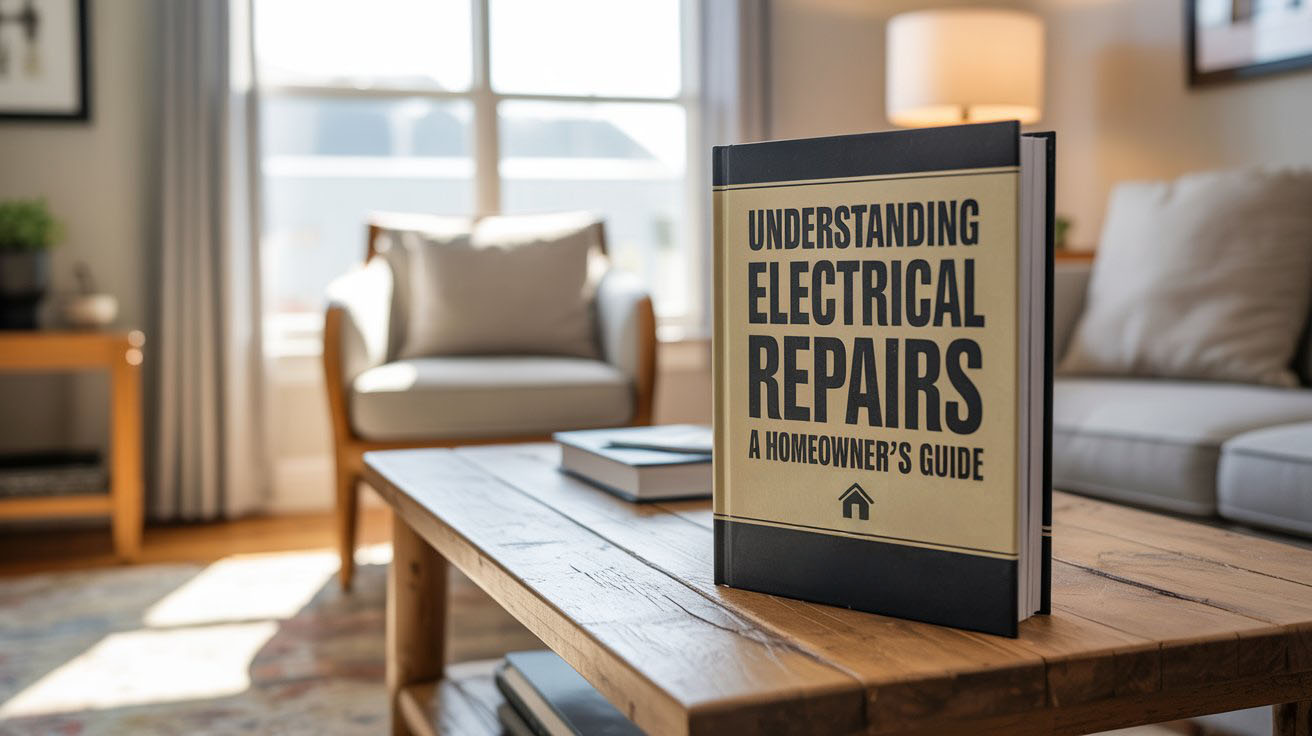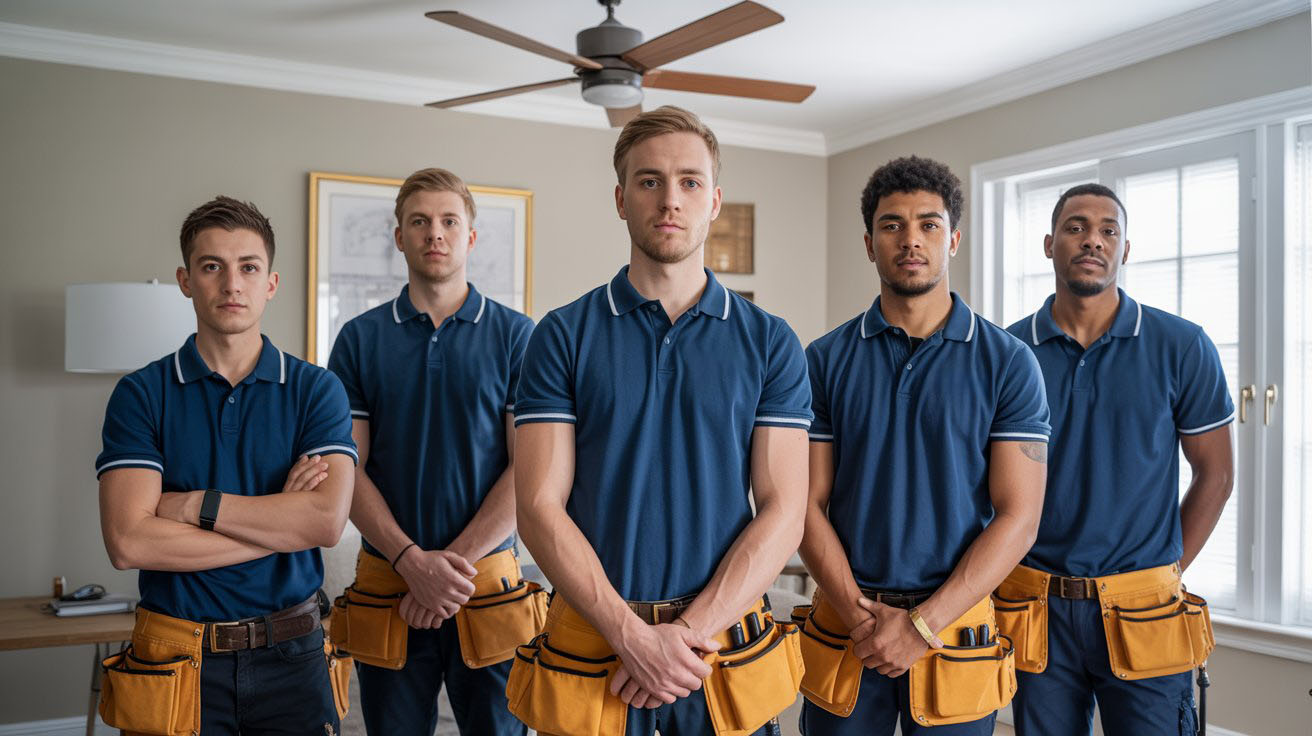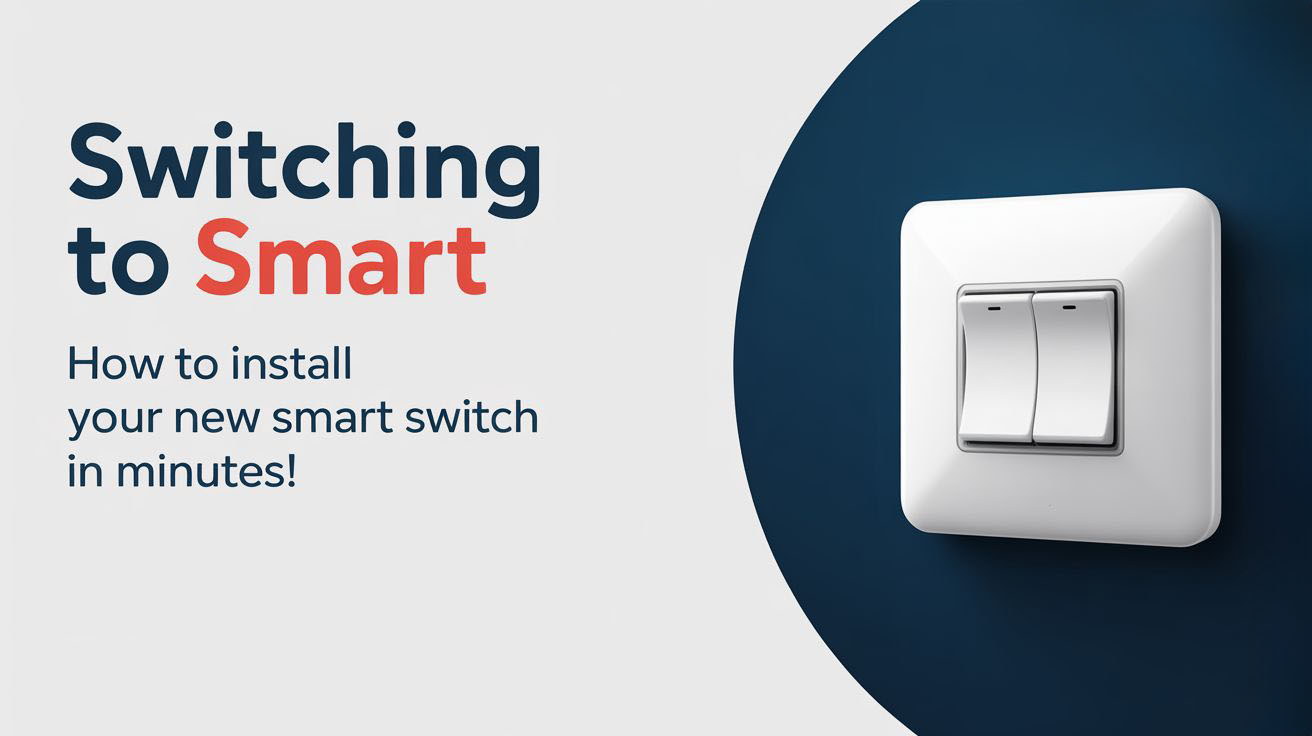Getting A Project Estimate
Quotes
How much does a typical electrical estimate cost?
Estimates are provided at no charge. After reviewing your details, we’ll schedule a visit to assess your needs and deliver a detailed, accurate estimate.
How long does it take to receive an estimate?
Once your request is submitted, we’ll get in touch to schedule a visit—typically within 24–48 hours. Most written estimates follow within 1–2 business days after the on-site review.
What does your estimate include?
Our estimates include all materials, labor, and any permit fees required for your project. This helps you budget with confidence with no surprises down the line.
Can I get the estimate remotely?
Is your estimate binding?
The estimate gives you a clear overview of the expected costs based on available information. If materials change or new issues arise, we’ll always review any adjustments with you before proceeding.
How should I prepare for the estimate visit?
How The Process Works
Expectations
What happens after I accept the estimate?
Once you approve the estimate, we schedule the work, secure any necessary permits, and agree on a start date. We then coordinate with you to minimize disruption and keep things running smoothly.
How long will the work typically take?
Will you need permits or inspections?
How do you handle unexpected issues?
Who will be working at my property?
What’s your clean-up process like?
How To Finance The Project
Payment
How can I finance electrical work if I don’t have enough cash upfront?
Most electricians offer multiple payment solutions. You can pay with credit cards, apply for personal loans, or use financing programs offered through the contractor. This allows you to get the work done now and spread out payments over time.
What types of loans or credit are best for funding a home electrical upgrade?
The most common options are personal loans, home improvement loans, and credit cards. A personal loan usually has fixed payments each month, while a credit card may offer short-term flexibility if you plan to pay it off quickly.
Can I use my home equity (HELOC or home equity loan) to pay for electrical projects?
Yes. Many homeowners use a home equity line of credit (HELOC) or a home equity loan to finance upgrades like rewiring, panel changes, or adding circuits. These loans often have lower interest rates since they are backed by the value of your home.
What financing options are available for emergency or unexpected electrical repairs?
If you need urgent repairs, some electricians partner with lenders to offer same-day financing. Credit cards, short-term loans, and even in-house payment plans may also be available, so you can fix the problem right away without waiting.
How do interest rates, terms, and fees compare across electrical financing plans?
Interest rates and terms vary depending on your credit score, the type of loan, and the lender. Personal loans often range from 6% to 15%, while credit cards can be higher. Some contractors offer promotional financing with zero interest if the balance is paid off within a set time frame.
Are there special financing or payment plans offered by electricians or third-party lenders?
Yes. Many electricians now work with third-party financing companies that provide flexible monthly payments. Some may even offer no-interest or low-interest promotional plans, making it easier to budget for your project.





